COVID-19 is taking lives by the clock, every day the number of casualties supersedes that of the previous day. While this news is grim in itself, the reality that COVID-19 vaccination will not be available for another 12-18 months, makes things even worse.
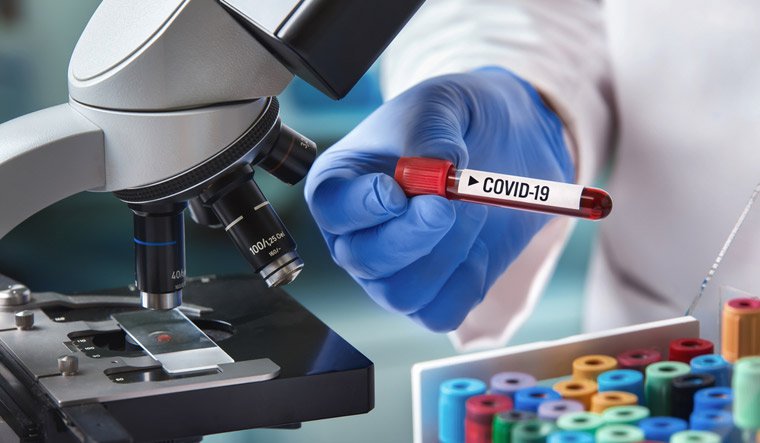
While all of us have been asked to stay at home to control the spread of the disease, everyone knows that this will not stop the curve from growing, but might only help to flatten it. Without a vaccine, can there be a way to control this pandemic? Many scientists say that herd immunity might just be an answer.
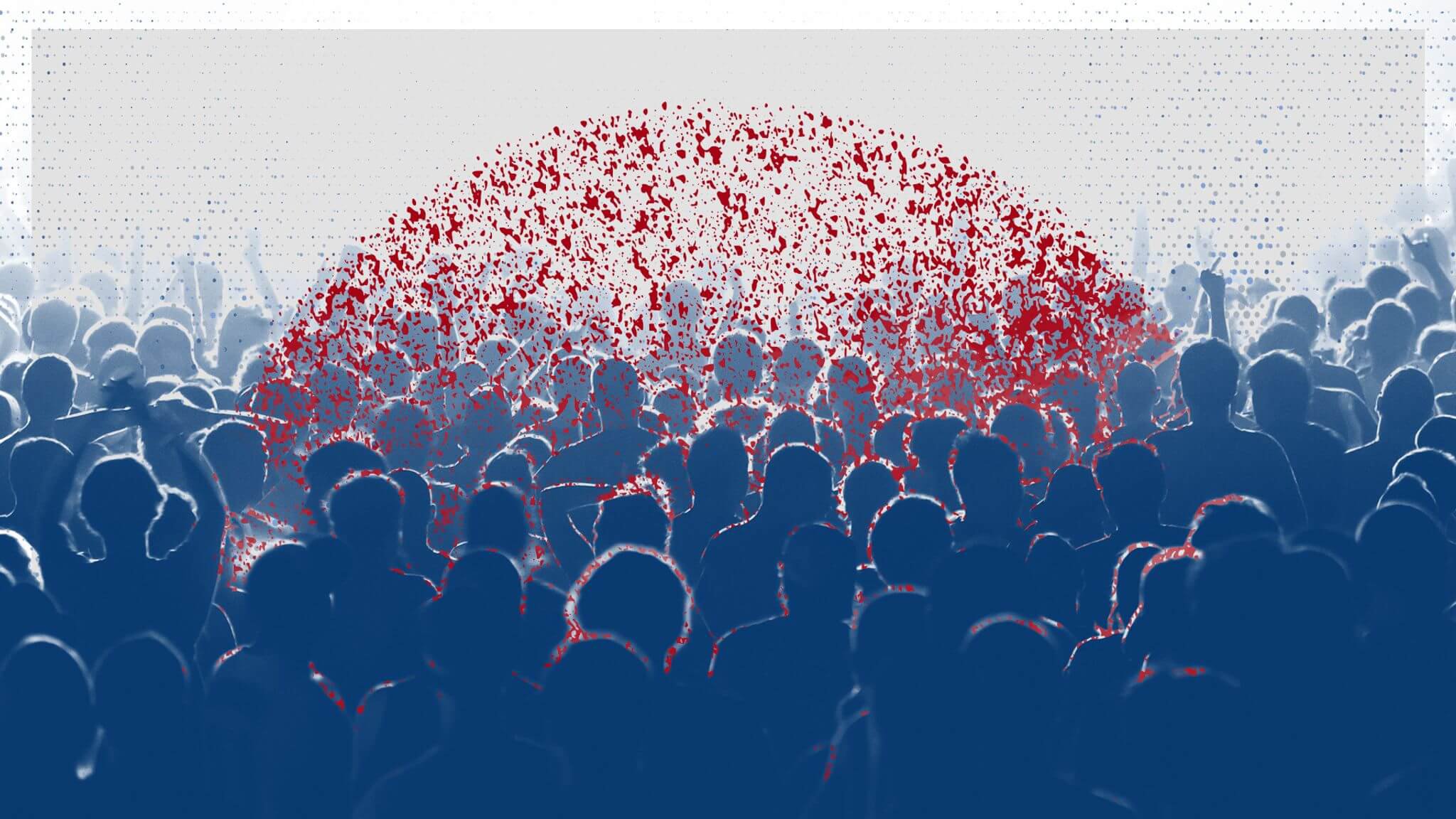
What is herd immunity?
Herd immunity refers to an epidemiological state where enough people are immune to the virus so that it stops spreading in that area. To give an example, if out of a 100 people, 80 are immune to the disease, then the rest 20 who are not, will also not catch the virus because they will not be exposed to it.
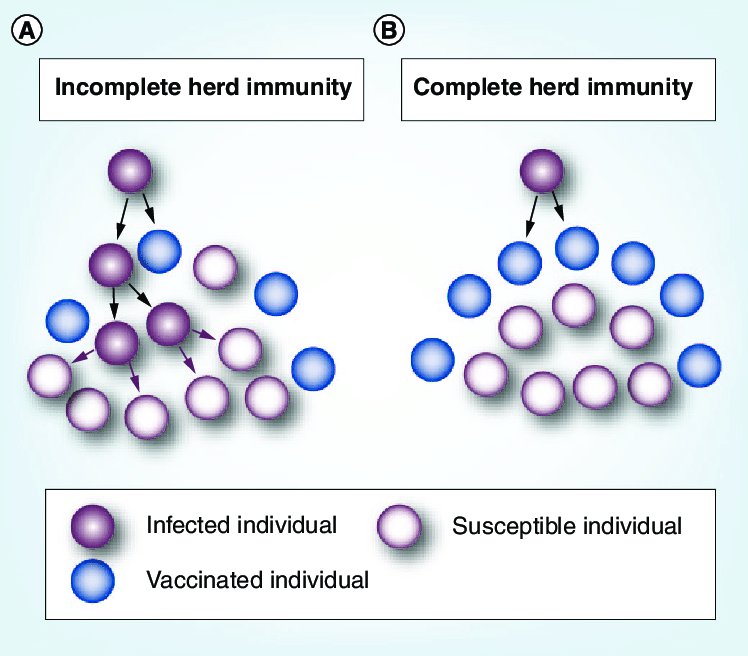
And how do we do this without a vaccine you ask? Well, you go out and live it and hope that you get immune to it.
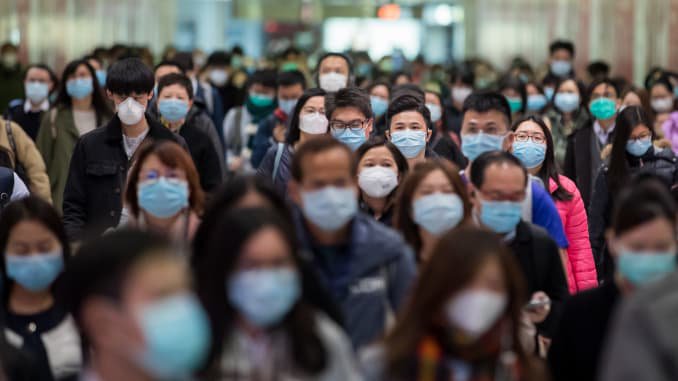
In an interview to The Print, Dr Jayaprakash Muliyil, one of India’s top epidemiologist, explained that India should look at a controlled release of the lockdown so that the people develop herd immunity that leaves the virus ineffective. For this, he said it is important to let the young people go out and do productive work and keep the elders indoors.
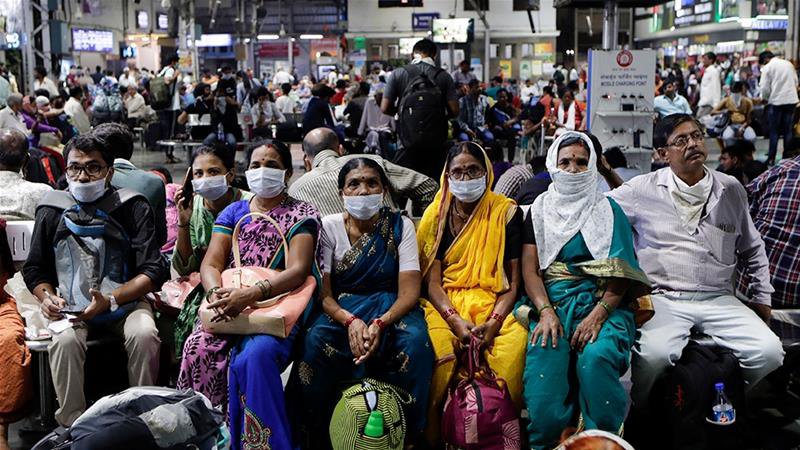
According to him, viruses are strong only when they can affect a large population. As more and more people would be infected, they will develop antibodies specific to the virus, and give rise to a boost in a community’s immune system.
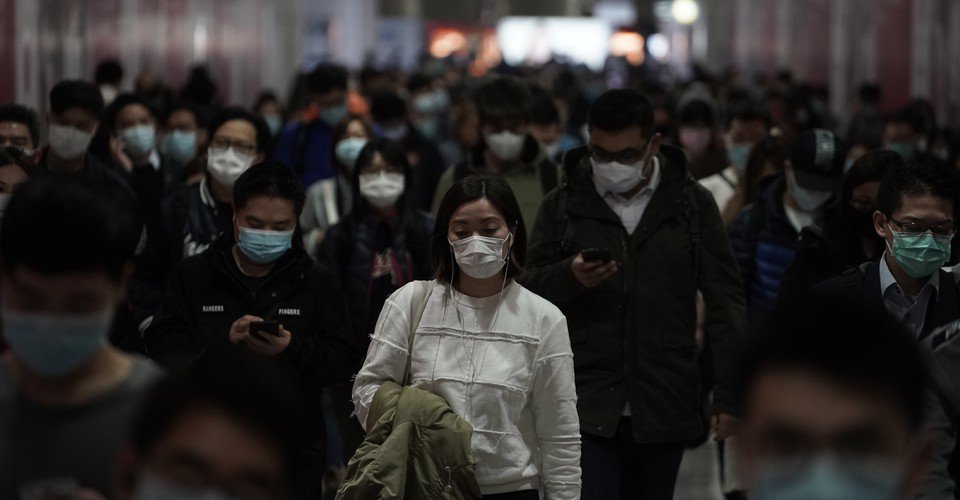
He added:
Even if 50 per cent of the population is infected, they (the infected persons who have developed antibodies) act as a barrier to the virus and offer protection to the other 50 per cent who do not have immunity. This is especially useful till the time a vaccine is developed.
Is it even possible?
While it sounds nice in theory, can a practical version of this even be possible? By exposing our population to the virus, are we not making more and more people sick? If this rate isn’t’ monitored, our hospitals will be over-burdened once again.
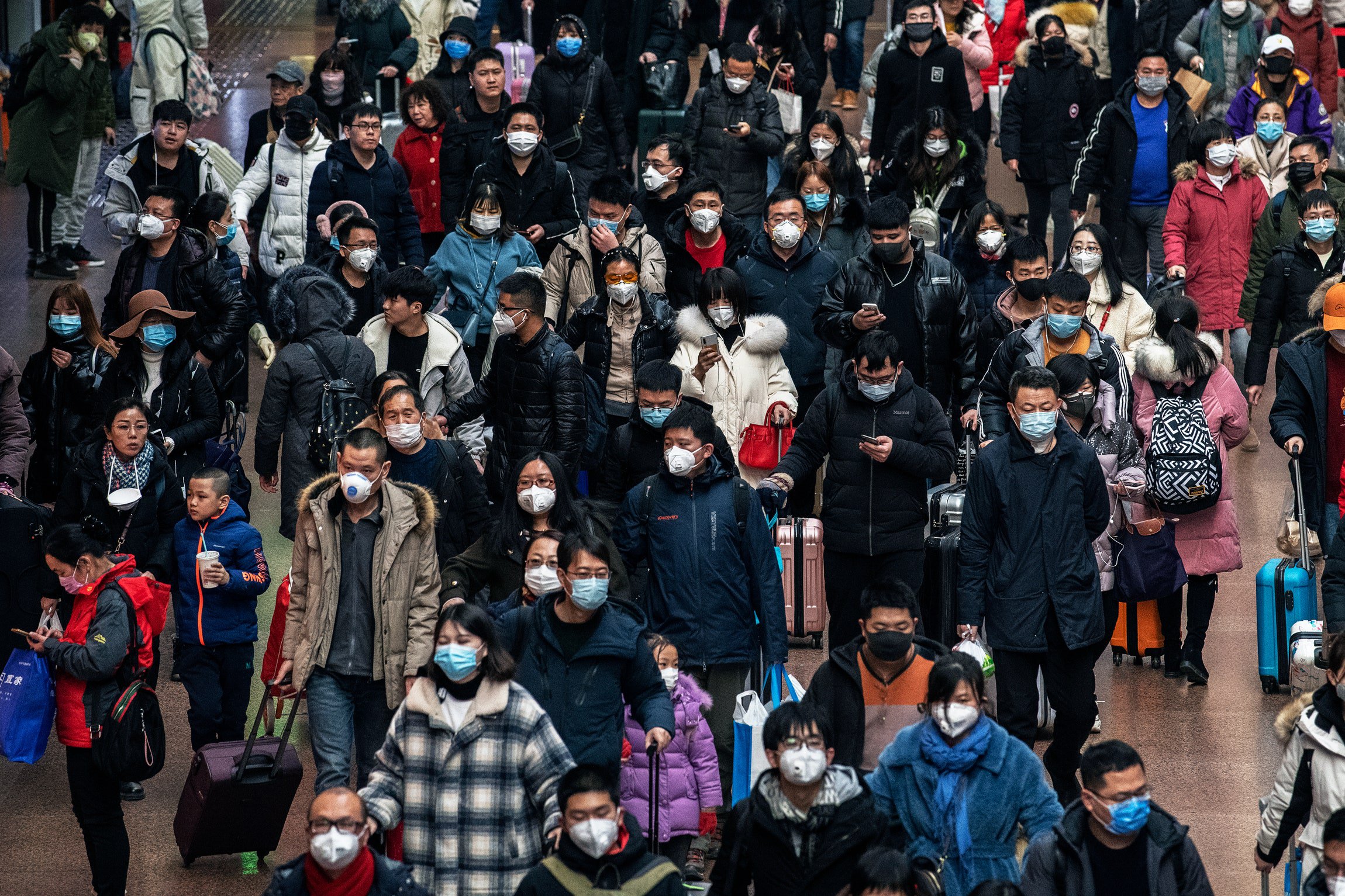
Muliyil answers by saying that yes the causality can be high but the trick is to open the lockdown in a strategic manner so as the hospitals are not burdened.
But all of this will not come easily. Dr K Srinath Reddy, president of the Public Health Foundation of India and member of the National Task Force on COVID-19 management in an interview to The New Indian Express, said that herd immunity that is generated when 60-70% of our population recovers from the virus. He also cautioned that:
Herd immunity will have to be acquired over time rather than as a sudden exposure of large numbers to the virus. That will trigger a rush to hospitals which will be overwhelmed.
According to the MIT Technology Review waiting for herd immunity cannot be an option. This is because there has been not enough research to prove how long the immunity from SARS-Cov-2 lasts.
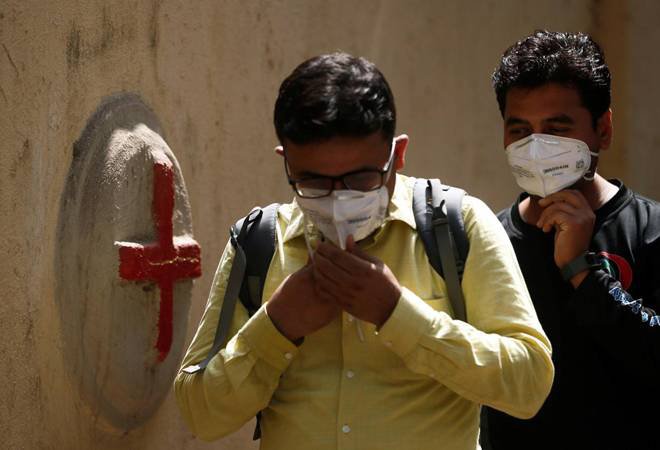
This means that even though a person has recovered from the virus once, does it ensure that he/she will not get it again? Even if they are immune for long periods of time, how long will it take to immune an entire community? The paper answers that they don’t know as research varies since it is in such a nascent stage presently.
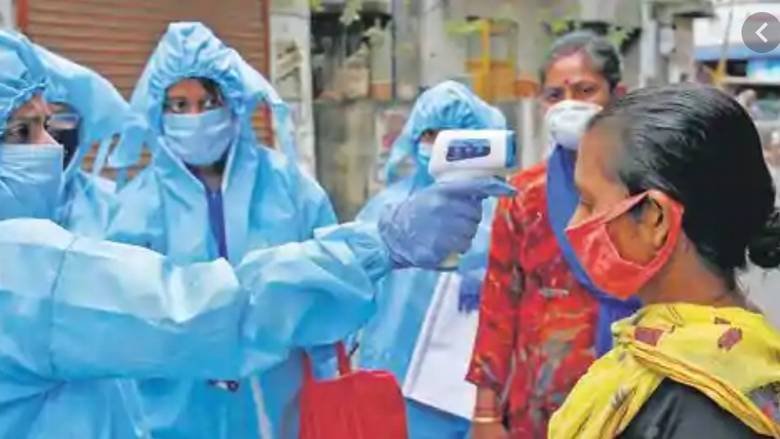
Either the herd immunity or the vaccine, neither is coming faster than the other it seems. To actually gauge the rate of infections and immunity response, it is essential that we boost our testing capacities. Until scientist and epidemiologists don’t know whether herd immunity is more effective or vaccine, we all have to do our part in slowing down the rate of infection.

















